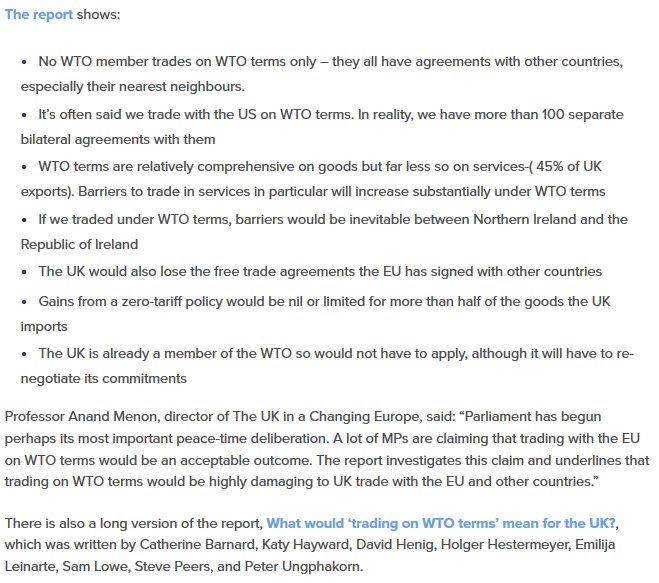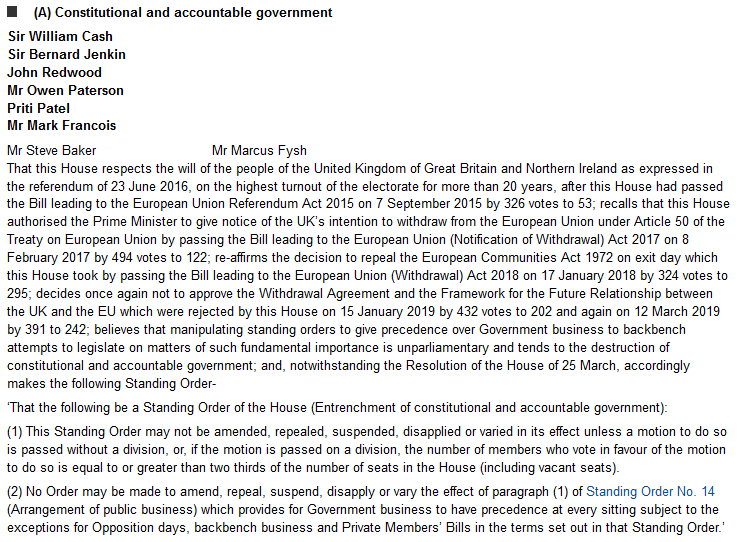Those who argue in favour, need to address in detail the weight of evidence that it would be seriously harmful for many.
huffingtonpost.co.uk/entry/increasi…
1/17
1. Arguing against “no deal” is not arguing against Brexit. (It’s sad that this has to be repeated.)
2. “No deal” on March 29, is far worse than a gradual transition to “no deal” over a number of years. And it can’t be a “managed no deal” unless there’s a deal.
2/17
If it’s a “viable” option, define “viable”.
And for whom?
3/17
It takes time for an economy to change direction. If you try to do it overnight on March 29, something’s got to give. But what exactly?
5/17
(Source: opensea.pro/blog/10-tanker…)
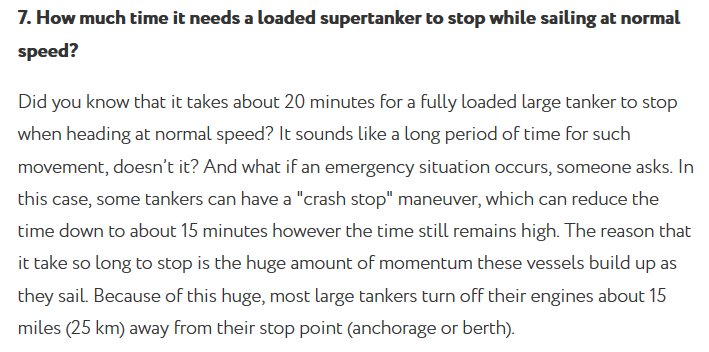
6/17
7/17
Remember, this is about “no deal” on March 29.
The most detailed analysis of “no deal” I know is by @rjbarfield1 brexitfactbase.com/pdfs/UKTradeWT…
8/17
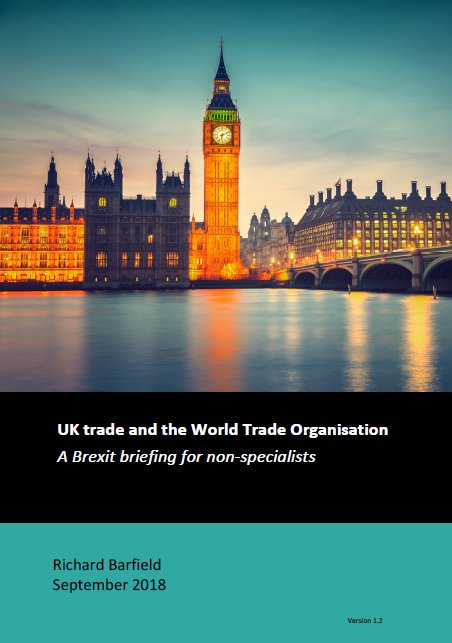
Prediction: hard Brexiters will dismiss this because economic analysis is “often wrong”. OK. So give us the “right” figures.
brexitfactbase.com/pdfs/UKTradeWT…
11/17
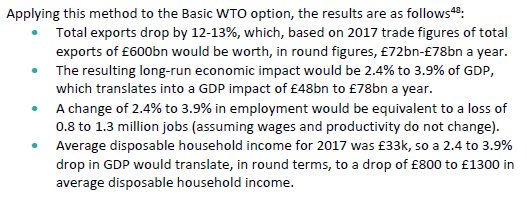
brexitfactbase.com/pdfs/UKTradeWT…
12/17
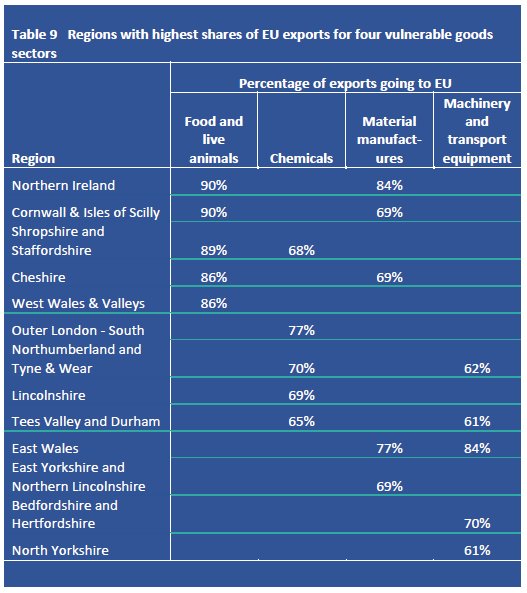
wto.org/english/res_e/…
13/17
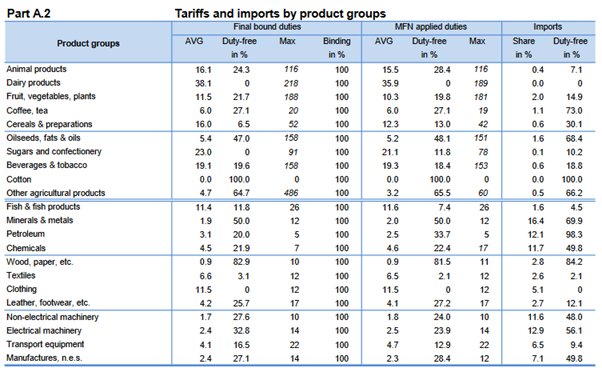
researchbriefings.parliament.uk/ResearchBriefi…
(👇🏽page 48)
14/17
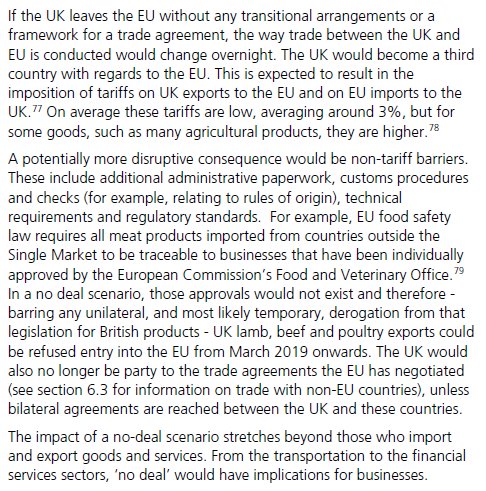
It includes this 👇🏽 warning (page 52)
researchbriefings.parliament.uk/ResearchBriefi…
15/17
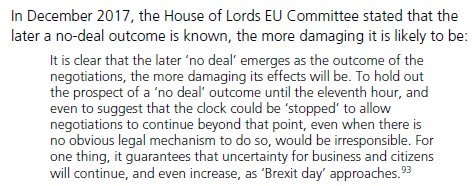
Problem: none of us has the time to read everything. And if we’re not economists or trade geeks we’re not going to read any of that.
16/17
No apologies for repeating — this is specifically about “no deal ON MARCH 29".
17/17
blogs.sussex.ac.uk/uktpo/publicat…
Short and long versions: ukandeu.ac.uk/new-report-exp…
